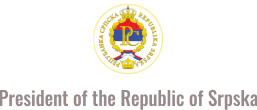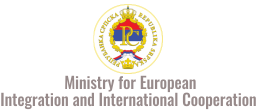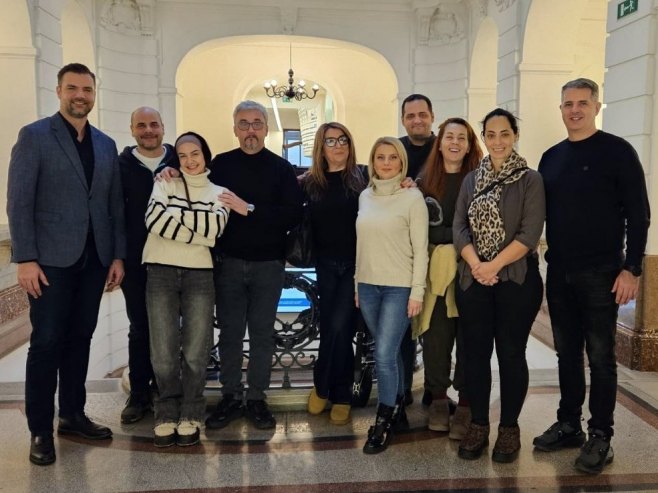In its report adopted in early July, the CoE’s Committee of Experts of the European Charter for Regional or Minority Languages referred to its long-standing recommendation that Croatian, German and Serbian, which are traditionally present in several areas of Slovenia, be recognized as traditional minority languages.
The National Council of Serbs of Slovenia, the association that brings together the Serbian community in this country, told Radio Free Europe (RFE) that this would support them in their efforts to nurture culture and language.
‘We want to preserve the identity of our people while fully respecting the space in which we live,’ said the President of the association National Council of Serbs of Slovenia (NCSS), Branislav Rajić.
The Government of Slovenia, on the other hand, responds that the European Charter for Regional or Minority Languages, according to their interpretation contained in the Slovenian Declaration on the Ratification of this Charter, cannot apply to Serbian, Croatian and German.
The European Charter for Regional or Minority Languages contributes towards the maintenance and development of European cultural wealth and traditions by protecting historical regional and minority languages. The Charter was adopted in 1992 by the Council of Europe, a human rights organization that brings together 47 countries, and it entered into force on 1 March 1998.
According to this Charter, regional or minority languages are those that are traditionally used within a given territory (geographical area) by nationals of a State who form a group numerically smaller than the rest of the population, and those that are different from the official language of that State.
Assessing the measures taken by Slovenia to implement the recommendations issued to it in November 2019, the Committee of Experts of the European Charter for Regional or Minority Languages reiterated that steps were needed to recognize Serbian, Croatian and German as traditional minority languages.
What do Serbian community representatives say?
Branislav Rajić, the President of the NCSS association and a member of the Slovenian parliament, told RFE that he had launched an initiative to draft a law to adopt the recommendations of the Council of Europe.
‘According to our plans, that law should be before the deputies by the end of this year,’ Rajić stated.
Asked what the recognition of Serbian as a minority language would mean for the Serbian community, Rajić answered: creation of a framework for institutional resolving of their demands.
‘Mainly the demands regarding nurturing culture and language. We want to preserve the identity of our people while fully respecting the space in which we live,’ said the NCSS President.
NCSS is an organization within which the Serbian community in Slovenia pursues cultural, national and other interests and cooperates with the institutions of Slovenia and Serbia.
The Union of Serbs of Slovenia, the umbrella organization of Serbs in this country formed in 2019, says for RFE that the Council of Europe’s recommendation to some extent ‘proves that Serbs in Slovenia deserve the status of a national minority since that recommendation is based not only on the number, but more on other facts concerning the position of Serbs in Slovenia.’
‘The national minority status would make Serbian an official language of a minority in Slovenia,’ said Vladimir Kokanović, the President of the Union of Serbs of Slovenia.
He stated that use of the Serbian language in Slovenia was not officially possible, although ‘one can say that it is understood in practice.’
‘Public administration in Slovenia is currently under no obligation to use Serbian, although one can say that there is a will of all state administration bodies to help if necessary in completing various procedures and accepting documentation. However, that is not an obligation,’ Kokanović explained.
The Union of Serbs of Slovenia states that they have initiated the project of introducing Serbian as supplementary classes in schools in Slovenia because, as they say, it is not possible to include Serbian in the official and regular curriculum.
‘Over 1,500 children applied for this Serbian supplementary classes program last year, which shows that there is an extremely great interest in learning Serbian in Slovenia, even as supplementary education,’ said Kokanović.
Source: Serbian Association Ćirilica Trebinje
Photo: Facebook National Council of Serbs of Slovenia





